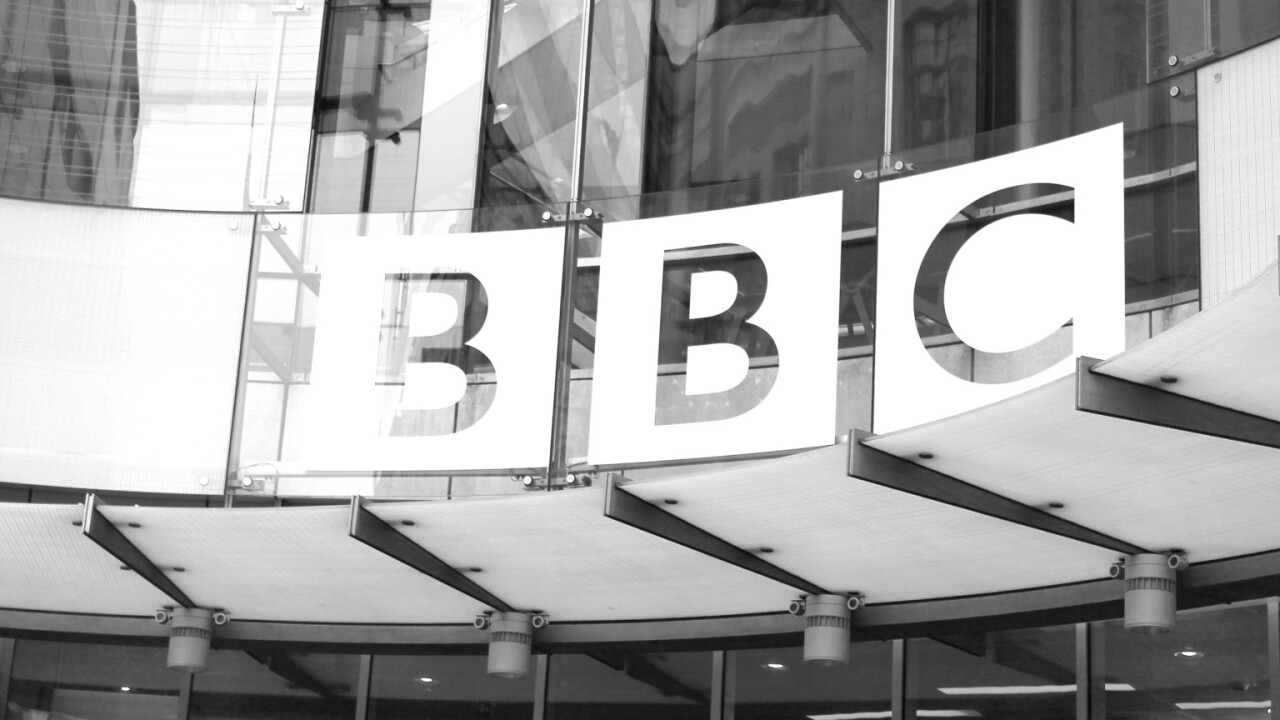
At the 13th annual Oxford Media Convention in England today, BBC Director-General Tony Hall outlined his case for publicly funded broadcasting and, more specifically, the UK TV licence fee.
For the uninitiated, the BBC TV licence fee costs the British public £145.50 each year per household – £49 if you’re still watching in black-and-white (seriously). Everyone who watches or records TV as it is broadcast (i.e. ‘live’) needs to be covered by a TV licence. This includes TV on computers, mobile phones, DVD/video recorders and other devices. But there has been one glaring caveat in the licence fee requirement – it doesn’t cover those who choose to watch TV on catch-up services such as iPlayer.
Earlier today, Hall said that the BBC’s vision was to modernize the licence fee, so it takes into account all broadcast content, including on-demand via iPlayer:
“When and how best to take the next step is, of course, a matter for the Government. Our view is that there is room for modernisation so that the fee applies to the consumption of BBC TV programmes, whether live on BBC One or on-demand via BBC iPlayer.”
The BBC TV licence fee was introduced in 1946 at a cost of £2 a year per-household, at a time when you had a handful of TV and radio programmes to choose from. We live in a different age now, and it’s easy to see why some people may feel a little aggrieved at forking out £145.50 each year – £49 if you’re still watching in black-and-white (seriously) – when they’re already paying for other entertainment services, such as Sky, Virgin or Netflix.
The UK Government sets the level of the licence fee, and in January 2007 it was agreed for a six-year period with the amount being approved each year by Parliament. More recently, the Government decided to freeze the licence fee at its 2010 level (£145.50) until the end of the current BBC Charter period in 2016.
While there is still a strong case for a TV licence fee, there is evidently a growing tide of resentment against being forced to pay it. However, Hall says that out of all the alternative forms of funding the BBC, support for the licence fee remains the highest.
“Support for the licence fee is at 53% per cent – way ahead of subscription on 17% and advertising on 26% ,” he says. “It’s the top choice for funding the BBC across all ages, all socio-economic groups and whether you’re in a Freeview, Sky or Virgin household.
“Under a subscription model, the BBC’s incentives would change,” he continues. “We would become an organisation motivated by maximising profit. Our programming choices would change as a result. We’d make programming for those with the highest willingness to pay. Some audiences would become more important than others. And as payment would cease to be universal, those paying would have to spend more to get the BBC.”
Hall also hit on the subject of advertising on the BBC, or lack thereof. “Of course, there is always advertising,” he says. “Yet having no advertising is one of the characteristics that people most value about the BBC.”
This is likely to stir up much heated debate around the licence fee, with two years remaining on the current licence fee price-freeze.
Meanwhile, you can read a full transcript of Tony Hall’s speech here.
Related read: As Finland drops TV licence fees for a means-tested tax, what does the future hold for other nations?
Get the TNW newsletter
Get the most important tech news in your inbox each week.





